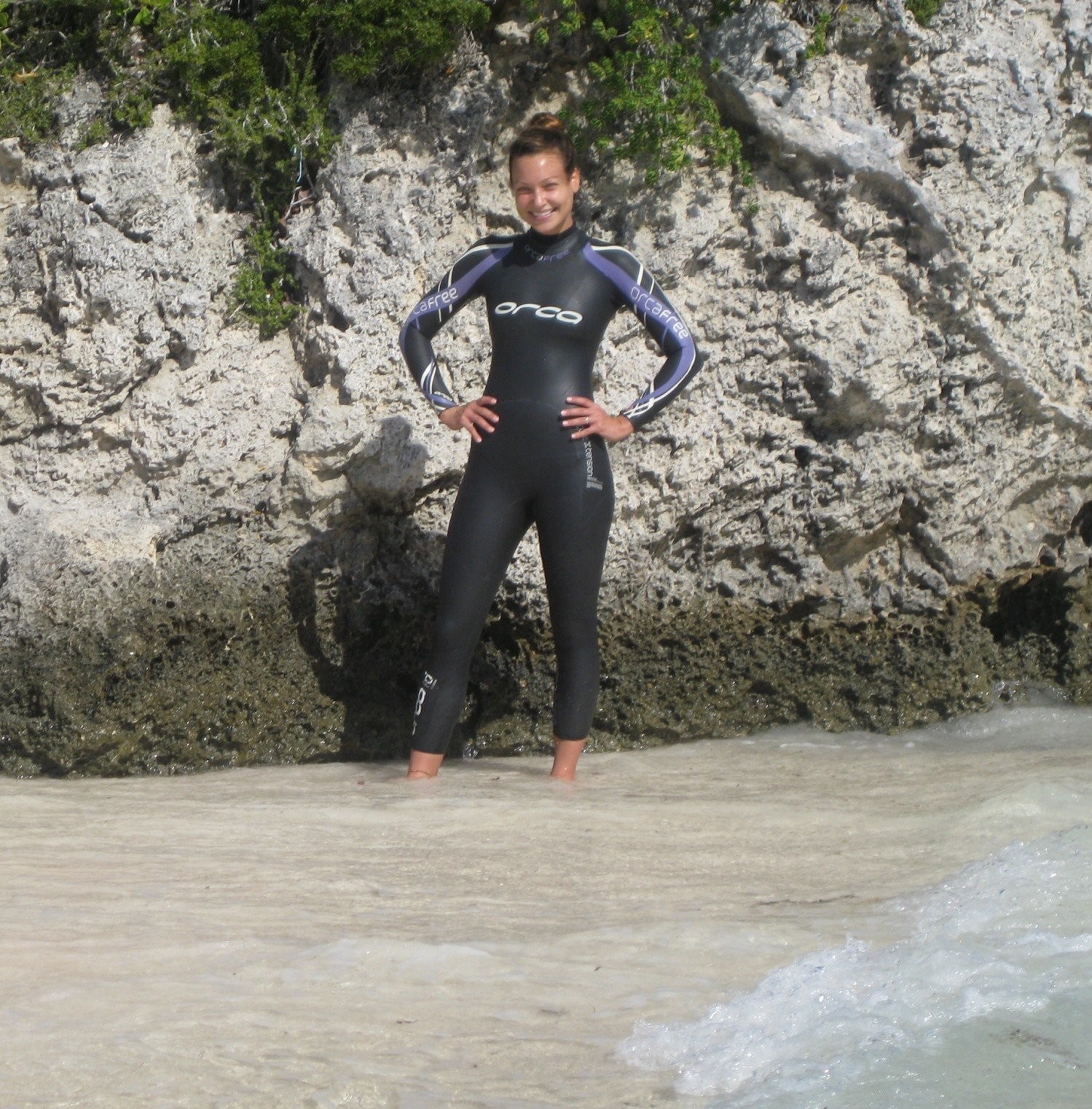Budding scuba divers, or even old timers that sometimes go into meltdown just before entering the water can experience difficulty breathing during an entire dive. Not only is this potentially harmful to your body but it is difficult to find that relaxation point.
Yoga can teach you many techniques and exercises designed to slow your breath and relax your body. Remember, if you calm your breath you will calm your mind and body and your dives will be longer and more enjoyable. With yoga training you can learn to visualise each stage of your dive, and through increased training you will develop self awareness and notice how your breathing changes and try and keep your breathing slow and relaxed with an extended exhalation as you imagine the dive unfolding.
The diaphragm is responsible for three-quarters of the work of breathing, all the while supporting the work of the heart and stimulating the lower organs. When you breathe in correctly, the diaphragm flattens and descends, massaging them. The eternal movement of the diaphragm also moves and massages the heart, and the pressure this exerts on the inferior vena cava, the vein that pierces the diaphragm as it returns de-oxygenated blood to the heart from the lower body, causes an acceleration of blood flow when the pressure is at its lowest. Imagine the health benefits you will gain if you learn to breathe properly, as well as the improved efficiency underwater?
There are increasingly more resorts around the world that offer yoga training, and at the same time teach techniques for efficient breathing and relaxation which can enable divers to enjoy their experience and also extend their dive time.
Yoga and scuba diving hold synergies as they are both ways to practice a fuller and more complete life by venturing out into another existence, and dive operators are advertising more and more well-being experiences as symptoms of unhealthy lifestyles become more evident through medical statistics. The various breathing techniques you learn in yoga, such as ujjai or pranayama can affect your breathing behaviour in other activities and give you a tool to fall back on in physically or mentally challenging situations, like being 30 metres below in low visibility water.
As a scuba instructor I have noticed that many divers, particularly novices, “over breathing” when diving, or breathe too quickly. This is termed as Hyperventilation, and divers should be aware that chronic hyperventilation is instrumental in over 200 medical problems and diseases, including asthma, arthritis, heart disease, high blood pressure and stress. This can indeed be a life-long and chronic situation.
Over-breathing reduces the amount of CO2 in the blood. Reduced levels of carbon dioxide causes many problems. For example, it causes the arteries, including the carotid artery going to the brain, to constrict, thus reducing the flow of blood throughout the body. It also makes it more difficult for the red blood cells to release oxygen to the cells of the brain and body. When we have too little carbon dioxide, our brain and body will experience a shortage of oxygen no matter how much oxygen we may breathe into our lungs. This lack of oxygen switches on the sympathetic nervous system—our ‘fight or flight’ reflex—which makes us tense, anxious and irritable. It also reduces our ability to think clearly, and tends to put us at the mercy of obsessive thoughts and images.**
This is where the “green monster that lurks in the deep” kicks in, and divers will often feel that they cannot breathe at all, and bolt for the surface.
Chronic hyperventilation can also be the result of poor posture, excessive muscular tension, poor diet, and the prevailing image of the hard, flat belly that we find in fashion and fitness magazines. According to Dennis Lewis, to breathe naturally, is to breathe with our whole body, the way a baby or animal does. For this to occur, we not only need a flexible, unconstrained ribcage, but also a supple belly. Our belly needs to be able to expand on inhalation and retract on exhalation. The continuous strive for a tight washboard stomach may not always be the ultimate solution for effect breathing.
And of course, the more you over-breathe, the more gas you guzzle…
In 2011 in Grenada, the Caribbean’s first SCUBA-Yoga programme was introduced at the Elite Island resorts, and in Belize there is a dedicated yoga-scuba diving retreat.
If you cannot afford a luxury vacation, divers can read a book written by Kimberlee Jensen Stedl and Todd Stedl called Yoga for Scuba Divers, which teaches divers to pose, do breathing exercises, visualization techniques, and yoga lifestyle principles that combine to improved diving techniques.
Bahamas-based Yoga instructor Brittany Trubridge has written an online guide called The Ultimate Freediving Preparation guide. There are step by step moves published which show you how to work on stretching your lungs and improving your flexibility. After talking to Brittany she has confirmed that these exercises are beneficial for scuba diving as well as the visceral organs are massaged, improving circulation and assisting the body to combat illness and resistance to climatic extremes. What could be greater than this for divers who like to travel and dive to intrepid environments, or for those who also dive in colder temperatures? It seems like a logic solution to assist you to stay fitter for diving and also develop spine strength to enable easy lifting and carrying of heavy scuba gear.
Whatever a diver’s choice is to stay fit for diving, it has been confirmed world over that the benefits of yoga reach far past the realm of the exterior benefits, and can have a massive positive effect on a person’s overall health, including those with thyroidal or hormonal problems and ineffective circulation.
However you choose to start your journey into yoga, it is imperative that it is practiced with care and under the supervision of someone who is experienced.

Photo courtesy of Brittany Trubridge
** Credit: Emma Farrell

